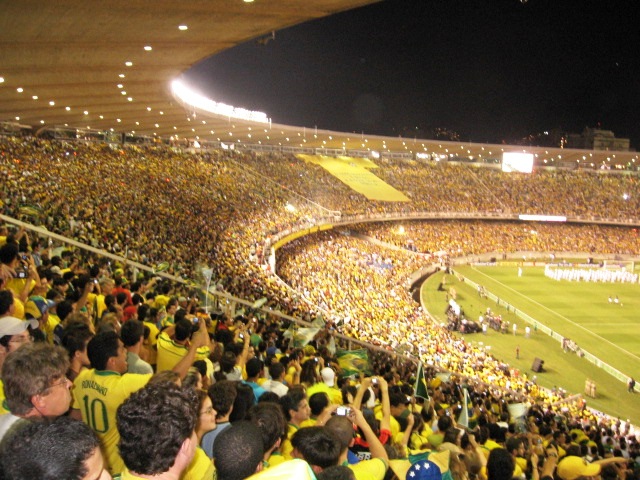In the first round, there were four groups and the best team from each group passed to the second round. Unlike other World Cups, this tournament´s winner would be determined by a final group stage; with the final four teams playing in round-robin format, the winner would be the team which would get more points.
The groups were ordered in the following way:
Group A, in this group participated: Brazil, Yugoslavia, Switzerland and Mexico.
Group B, this group was integrated by England, Spain, Chile and USA.
Group C, this group had three teams: Sweden, Italy and Paraguay.
Group D, just two participants were in this group: Uruguay and Bolivia.
In each group teams were awarded 2 points for a win and 1 point for a draw.
On the world´s Cup Inaugural game, the Brazilian team was better than the Mexican one; Brazil beat Mexico 4 to 0. Days later Brazil playing against Switzerland ended in a 2-2 tie. Finally Brazil had a brilliant victory over Yugoslavia 2-0. So Brazil was the best team in the group 1.
In the group D, Uruguay defeated Bolivia the weakest team in the tournament. In their match, Uruguay was better and in its easiest victory demolished Bolivia 8 to 0.
In the second and final round, there were the four best teams: Brazil, Spain, Sweden and Uruguay.
